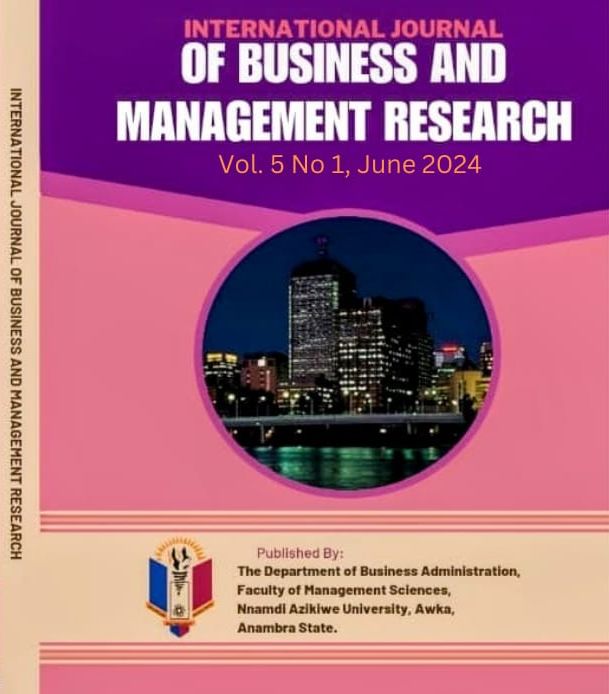THE IMPACT OF FOREIGN AID ON SOCIO–ECONOMIC DEVELOPMENT IN NIGERIA
Keywords:
Development, Foreign Aid, Gross Domestic Product, Poverty, Socio-economic, and Unemployment.Abstract
Foreign aid is expected to stimulate economic growth, reduce poverty rate and unemployment level in the recipient countries. Nonetheless, a survey of the literature finds conflicting, and inconclusive findings. This study investigated the association between foreign aid and economic growth in Nigeria using linear regression with the application of the Ordinary Least Squares (OLS) technique and time series annual data from 2010 to 2023. The study employed the growth rate of the gross domestic product as the dependent variable and the rates of unemployment, poverty, and foreign aid as the explanatory variables to ascertain how these factors affected Nigeria's socioeconomic development. The findings revealed that while foreign aid has a positive correlation with GDP growth, poverty and unemployment rates had an inverse relationship with GDP growth. These findings may be explained by institutional failure, corruption, and inefficient use of scarce resources, which are undoubtedly, manifested in Nigeria's high unemployment, insecurity, and extreme poverty rates. The Nigerian government should, therefore, implement the necessary policy steps to ensure that foreign aid is used as efficiently and as maximally as possible.




